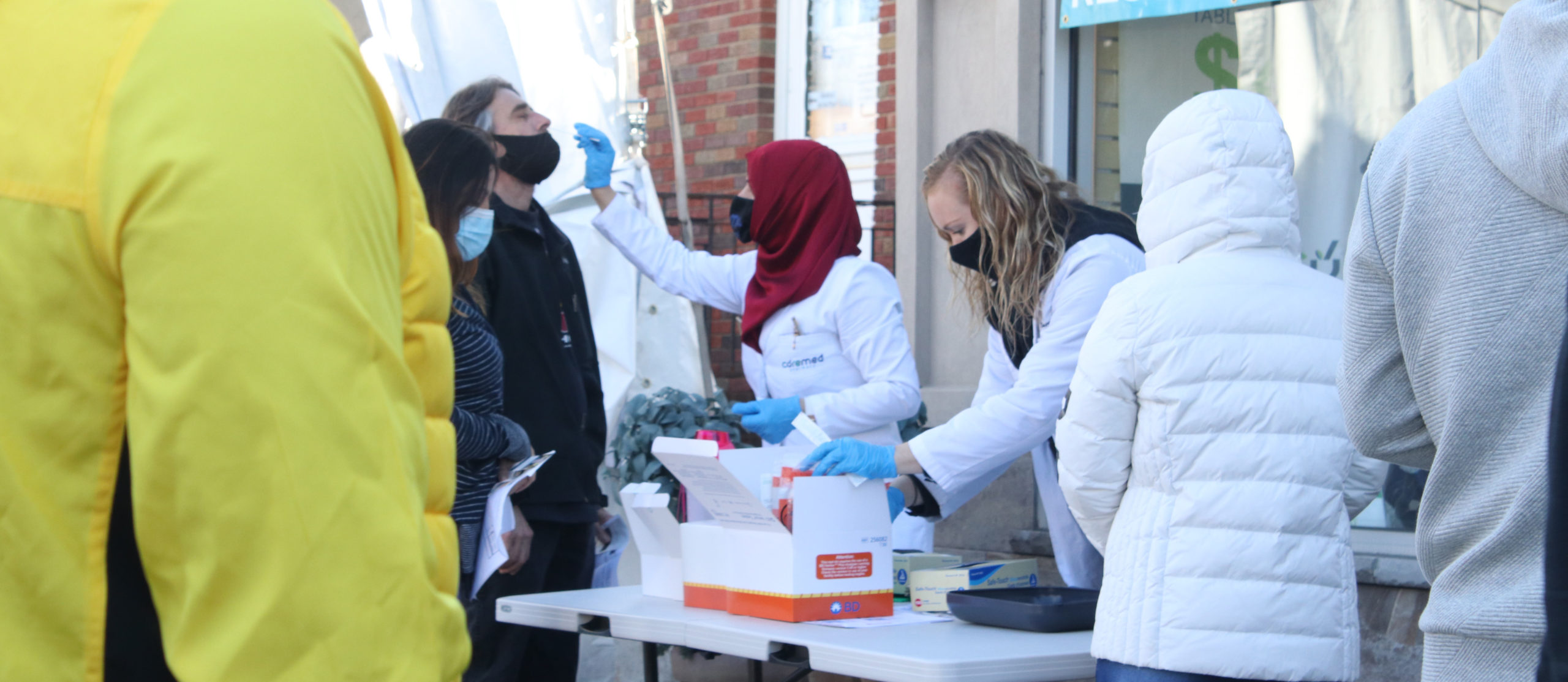
Another Covid lockdown – Here we go again, it’s been eight days since we were sent into a harsh lockdown over a sudden outbreak in Covid cases. The fourth time now. I am provided with comfort from my music and study room which has been my home office for nine months on and off since the pandemic dawned on us.
As I gaze out of my bay windows, I am provided with the comfort of what is probably the last of blue sky days setting a panoramic backdrop for deciduous trees shedding the last of their faded leaves. Winter is here. A person in Melbourne, Australia could be forgiven for forgetting we’re in the midst of a global pandemic which is wreaking havoc with tens of thousands of cases per day.
Australia is arguably managing the Covid-19 crisis better than most, with outbreaks generally contained fairly rapidly with snap Covid lockdowns. Globally, however, it is fair to say the pandemic is nowhere near passed. America, just after Biden was sworn in, reached over 200,000 deaths. India is trying to get over their deep crisis right now – previously, it has been Spain, Italy, Turkey and letters of my ancestral heritage have now become the source for naming of Covid variants to avoid stigma. Only took 18 months.
The vaccine’s efficacy has been impacted by global markets slowing down manufacture. Poor nations are disproportionately impacted and suffering as a result – even in wealthy, first-world countries, there are roll-out problems as there hasn’t been enough vaccine allocated to go around.
In countries like Australia with government-subsidised healthcare and Covid lockdown mandated in law, it is not so simple as to say the wealthy are vaccinated, the poor, not. There is some evidence to show it is along not only social but also ethnic and racial lines instead that vaccinations are occurring – not overwhelming evidence, though, because the numbers simply aren’t recorded.

As this FECCA paper notes, in Australia, we have quite an issue with reporting on race and identity – we use the term “CALD”, or “Culturally and Linguistically Diverse” to refer to those who are not part of the anglo-saxon or first nations background, but this only really relates to the language spoken at home, or the country of origin:
“There is also an issue with research where ethnicity, as opposed to cultural or linguistic diversity, is an important element. Australian research tends to rely on country of birth as the sole measure of ethnic diversity, mainly because this is usually the only variable available in datasets.
Country of birth is an inadequate measure of ethnicity in certain individuals such as ethnic Chinese born Singapore, Indonesia or Malaysia, ethnic Indians born in countries such as Fiji, the United Kingdom or Uganda, displaced refugees born in other countries, and the growing population in Australia who are Australian-born but whose parents are migrants from a variety of ethnic backgrounds.
Country of birth also does not capture other socially determined factors that can have a significant impact on inequalities in access to and the quality of provided health services such as English language proficiency and discrimination based on race/ethnicity.”
Compared to other nations – Canada and the United Kingdom, for example, who collect different, more detailed data, we fall short. These nations’ terminology is often contentious, and sometimes they miss the mark in regards to cultural sensitivity and the conflation of race and ethnicity, but at least there are attempts made to address these issues of cultural identity and healthcare. As there are significant impacts on quality of healthcare, it is important to consider these factors when it comes to creating actionable plans forward in addressing the pandemic crisis.
It is also important to consider why we are so reticent to ask these questions of people and collect the data required to improve our healthcare systems. I would suggest even in secular countries that value multiculturalism – at least in official policy – our secularism has become the dominant culture. In Western, first world countries, as much as we tout multiculturalism and tolerance, there is a fear of the other. In France, we need only look to the Islamophobia in the recent legislation to ban religious outerwear. Australia, the UK and the United States have all had similar robust discussion played out, if not in our parliament, through media institutions.
What we’ve seen in the pandemic, as Andrew Jakubowicz succinctly puts, outbreaks of COVID-19 in Australia have largely occurred in ethnically diverse pockets of society – specifically, the Urdu and Greek communities, and particularly elderly people.
Jakubowicz writes about these outbreaks:
“…and no one saw them coming. Except of course they did but nobody wanted to know. That’s why what has happened in the past month or so to see cultural diversity as a critical dimension of health is just so critical for the future well-being of multicultural Australia, be you White Folks or coloured Folks.”
In such cases, there is a friction – between the personal identity, of which cultural background plays a significant role, and the dominant, secular culture. When we don’t celebrate diversity, and seek to explore other peoples’ different customs and heritage, we minimise the significance of potential sources of conflict. When we are blind to diversity and demographics, we open ourselves up to problems – such as when minority groups slip through the cracks of social support networks that are supposed to be available to all. In this instance, healthcare.
The counter argument to this call for more accurate documenting of cultural identity in regards to the Pandemic, Jakubowicz summarises:
“It has been put to me by many people in the system that it’s good we don’t know the answer to my query, because were such information to leak out it would intensify racism and put hotspot groups at risk of attack, abuse and stigmatisation. It is clear that abusive harassment of cultural minorities, especially but not only Chinese and other Asians, Jews and Muslims, has been intensifying both online and off during the pandemic.”
I would argue, however, that in refusing to acknowledge the differences that lead to racial and ethnic tensions and in our apparent unwillingness to accept our society’s pluralism, we’re creating more problems than we’re solving. If these problem areas – such as isolated outbreaks – are going to emerge, wouldn’t it be better to know in advance of the potential for disaster?
Wouldn’t it be better to appreciate the issues of misinformation and understanding– sometimes associated with age, culture, education level – that lead to the reluctance of some cultural groups to embrace vaccination?
The start of our understanding of the other begins with knowing ourselves and our smaller, organisational communities. It is with these issues in mind that we created Diversity Atlas, our world-first diversity-mapping tool – we need to understand ourselves, and others, in order to grow and create socially cohesive and harmonious communities.
These are complex issues, undoubtedly – but it is of the utmost importance, in my mind, that we are able to take a nuanced, empathetic view to cultural identities – now, more than ever.
As the sun gets ready to set and I take my final gaze through my bay window during this latest Covid lockdown, I ponder how many more fallen leaves it will take before we recognise that we have more to gain knowing the other than not knowing the other.
Share this Post
